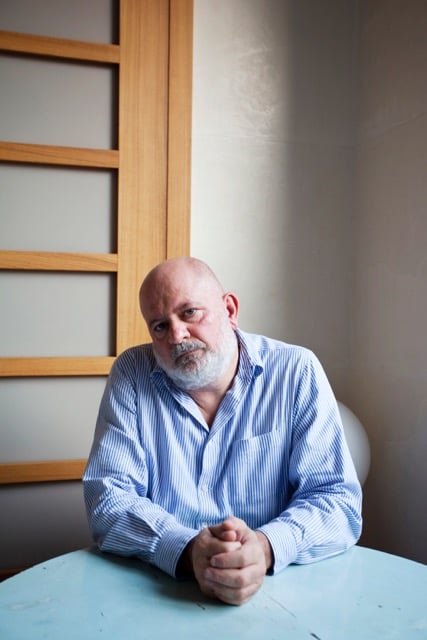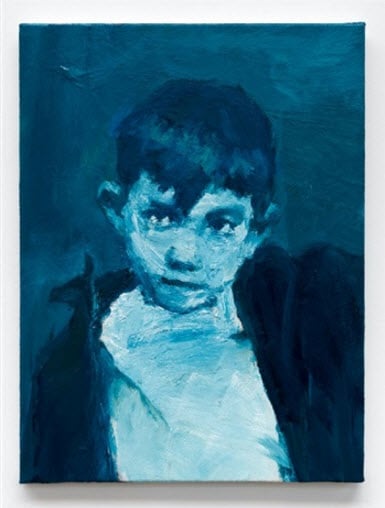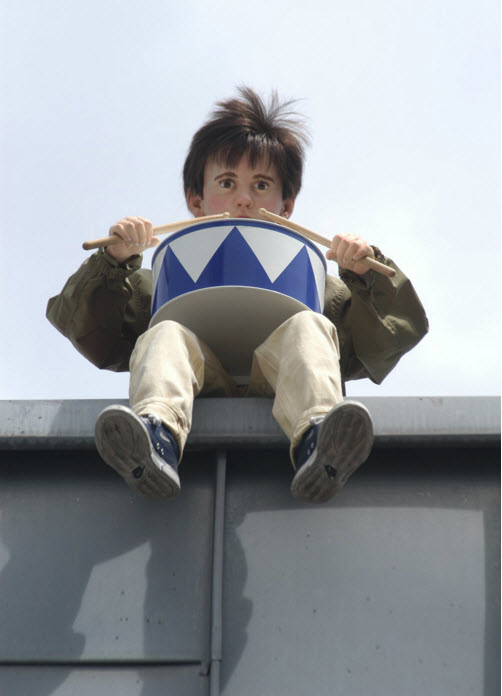Art & Exhibitions
artnet Asks: Massimo De Carlo on Transcontinental Dealing
And what the art world looks like after 30 years of running a gallery.

And what the art world looks like after 30 years of running a gallery.

Artnet News

This March, Massimo De Carlo gallery will open a new space in Hong Kong, located in the historic Pedder Building. Founded in 1987, this Milan-based gallery is celebrating nearly 30 years of operation. The opening of their new venue follows the expansion of Massimo De Carlo’s London gallery in South Audley in 2009, and is yet another international step forward for the gallery, which has been steadily growing its presence in Asia over the last few years. In both mainland China and Hong Kong, Massimo De Carlo has had a major role in bringing a wide roster of contemporary art to China, including serving on the selection committee board of Art Basel Hong Kong.
Here, founder and gallerist Massimo De Carlo discusses what led him to Hong Kong, how he got started in art, and—definitively—why there’s no point in romanticizing the past: the best and worst is always yet to come.
What led to your choice in opening the upcoming Hong Kong Space, following your London expansion?
In the last few years, we have had excellent feedback from the Far East market. We think that the right thing to do is to offer to the collectors of the area more of what we do best: quality exhibitions with quality artists. My gallery in Hong Kong is a natural evolution of what I have done in the last 30 years, and what I will do in the next 30.

Yan Pei Ming, Portrait du Jeune Picasso (2015). Courtesy of Massimo De Carlo.
Any artists among the ones you represent that you think will have a particular success in Hong Kong?
Yan Pei Ming, Piotr Uklanski, and Günther Förg. But I am not giving you an exact program of our Hong Kong gallery shows—rest assured, there are many surprises ahead.
How did the world of art changed over the last 30 years your gallery has been in operation?
There have been great changes, but luckily these changes have never found us unprepared and we always have the necessary energy to tackle them. Now we think that it is necessary to synthesize, creating a mix between the past, which was a better world in terms of ideas, and the future, which is definitely looking better financially than the past.
Tell us about your shows in Milan and London: any particular moment, good or bad, that was memorable for you?
I do not believe in memorable moments: the best and the worst are always yet to come.

Maurizio Cattelan, Untitled (Drummer) (2003). Courtesy of Massimo De Carlo.
How did you arrive in the art world? You have a very different background from many of your colleagues.
As far as I know, gallerists come from very diverse backgrounds. One used to sell posters, one was an academic, some other is the son of an artist, or inherited the gallery from his or her father, you name it. I started out as a pharmacist, and whatever my background, I arrived to the art world by building deep relationships with artists, and I still believe this is the only thing that really matters.
What advice can you give to a first-time collector or to newcomers?
To understand and learn about art by sharing their lives with artists, by spending time with them instead of online or in the auction rooms.